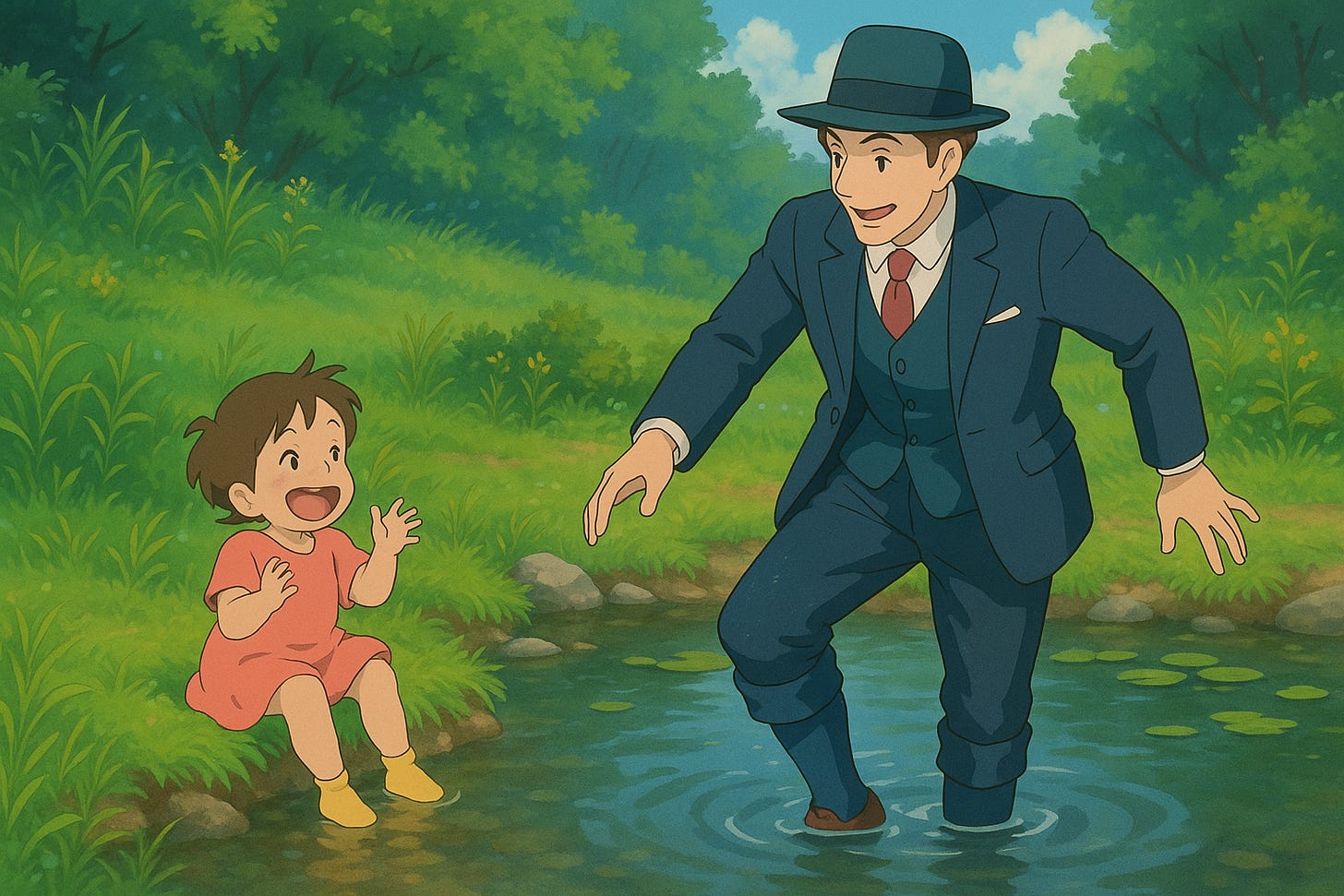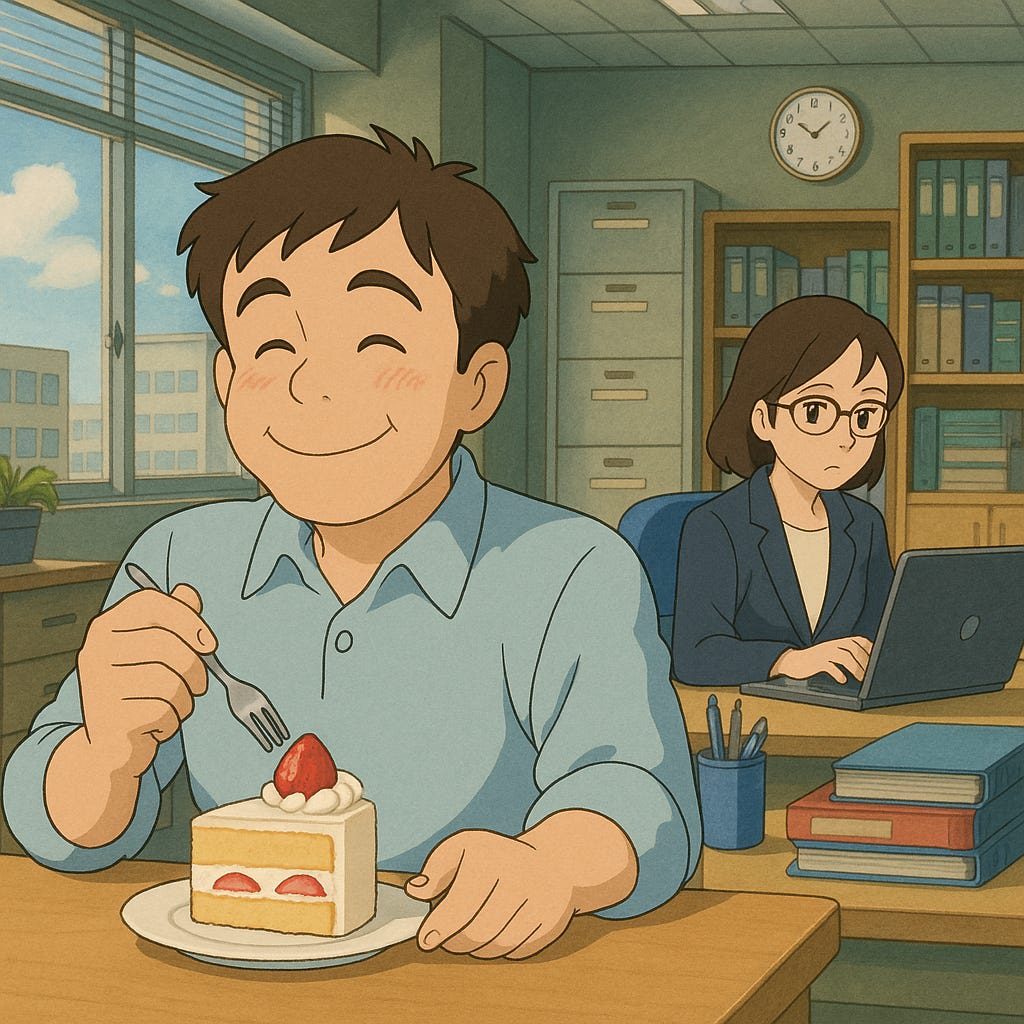Published on August 11, 2025 4:13 PM GMT
From Wikipedia:
Negative utilitarianism is a form of negative consequentialism that can be described as the view that people should minimize the total amount of aggregate suffering, or that they should minimize suffering and then, secondarily, maximize the total amount of happiness. It can be regarded as a version of utilitarianism that gives greater priority to reducing suffering (negative utility or “disutility”) than to increasing pleasure (positive utility). This differs from classical utilitarianism, which does not claim that reducing suffering is intrinsically more important than increasing happiness.
Negative utilitarianism is unpopular because it leads to absurd conclusions like “destroying the earth is morally good because there will be no more suffering creatures” or “fish species where most individuals die soon after birth should be eliminated”.
But although pretty much no one I have met buys into full-on negative utilitarianism or would bite its murderous bullets, I think many of the underlying negative-utilitarian intuitions are more popular than one may naively suspect.
At least judging by their other stated normative beliefs, most people:
- Don’t think positive and negative sensations or experiences lie on the same continuous line of “goodness”Would agree that negative experiences are bad, and more of them is even worseWould agree that’s it’s immoral to create more negative experience (or in some cases fail to reduce the amount of negative experience)Would not agree that it’s immoral to fail to create more positive experiences (or reduce the amount of positive experience someone has)
Failing To Make A Child Laugh
Imagine you are walking past a shallow pond on a warm day and see a small child playing next to it. You know that the child absolutely loves seeing adults get wet in the pond. You are wearing fancy clothes that would make seeing you wade into the pond even more fun for the child. You could easily wade in and make the child very happy, but doing so would cause mild inconvenience because you’ll have to do an extra load of laundry that evening. Is it unethical to not wade into the pond?

The Employee Who Likes Cake
You’re the manager of an employee who really likes cake. Every lunch break he steps out of the office to get a slice of cake from the local bakery which closes at 2pm. He enjoys the cake very much. Let’s also say that he’s very healthy and goes for long runs and so the cake is not damaging to his health.
It’s lunch time but your team needs to present to a customer straight after lunch and the slide deck is unfinished. You don’t like cake so your lunch plans involve just a boring soggy sandwich that lies ready for you in your backpack. You can either skip the break to finish the slide deck and have your sandwich after the meeting, or ask your employee to stay back and finish the deck himself, knowing he’ll miss out on his favorite cake. Is it unethical to ask your employee to work while you take a break, knowing he’s missing out on a lot of pleasure? Most would say it’s OK to ask the employee to work.

Now imagine a different situation. Your employee has a mild eye strain problem. He hasn’t mentioned it to you yet but you overheard him talking to his colleagues about it. You know that if he doesn’t take a break by 1pm he gets headaches in the afternoon. Would should you do now? Is it still OK to ask him to work over lunch?
In general, hurting people for your own personal gain is seen as unethical, and the more you hurt them the worse it is. Whereas prioritizing your own pleasure over others’ is seen as acceptable and not immoral. You are not obligated to make others happy, but you are obligated to not make others suffer. At least this seems to be the view of most regular people. People with a particularly altruistic inclination generally speak of helping the poor and sick avoid hunger and pain, not of making the happy as happy as possible.
So in practice I find most people’s moral intuitions to be rather negative utilitarian flavored.
And though most cannot be described as actually following any particular named ethical theory, I think a reasonable approximation for many people’s ethical view is that they:
- Have a (non-normative) preference to personally feel happy/have positive experiencesHave a (non-normative) preference for others to feel happy/have positive experiences, usually centered on their family, close friends, and other personal acquaintancesBelieve it’s immoral to cause harm/pain/suffering to others, where the more suffering, the worse the sin
That is, their moral beliefs (rather than their personal preferences) mostly relate to reducing the negative rather than increasing the positive.
Discuss

